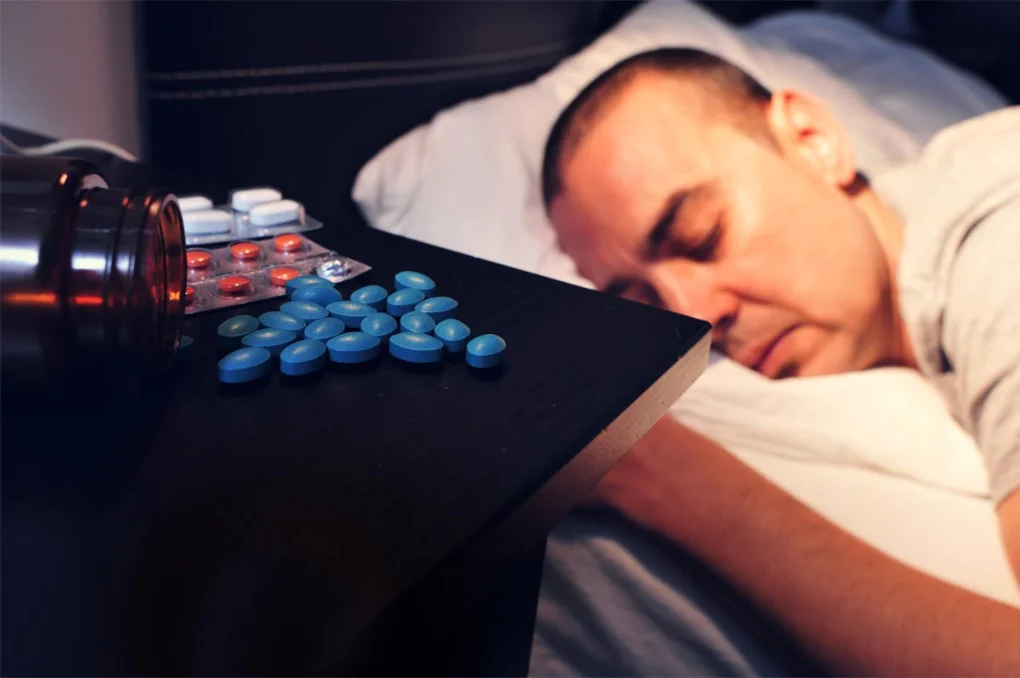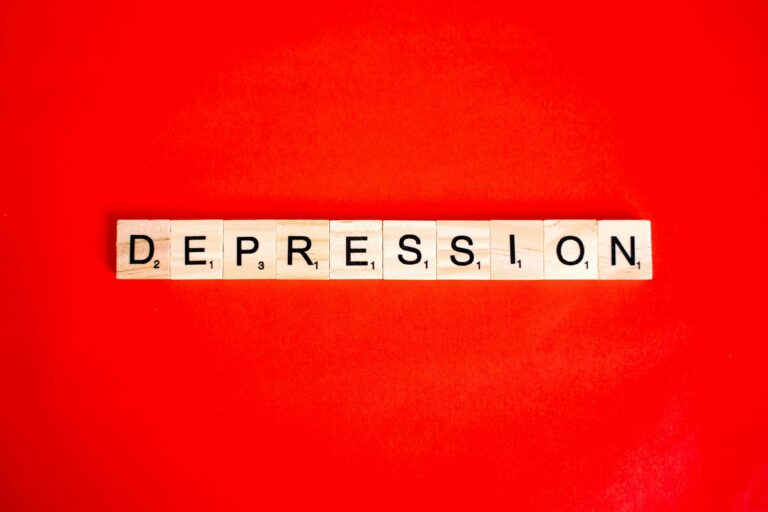Medications That Can Worsen Sleep Disorders

Sleep disorders are complex conditions that can significantly impact daily life. While certain medications can help manage health conditions, some may inadvertently worsen sleep disorders or create new sleep challenges. At Vector Sleep Diagnostic Center, we’re committed to helping you understand how various medications might affect your sleep quality. This guide explores common medications that can negatively impact sleep, why they do so, and what you can do if you’re experiencing side effects related to sleep disturbances.
Understanding How Medications Affect Sleep
Medications can influence sleep patterns by affecting neurotransmitters, hormones, and brain activity. Some medicines interfere with the natural sleep-wake cycle, while others may increase arousal, making falling or staying asleep harder. Here, we’ll outline categories of medications most likely to disrupt sleep.
Common Medications Known to Worsen Sleep Disorders
1. Stimulant Medications
Stimulants are designed to increase alertness, which can interfere with sleep if taken late in the day. They are commonly prescribed for conditions like ADHD but may contribute to insomnia or delayed sleep onset.
- Examples: Adderall, Ritalin, and Vyvanse.
- Impact on Sleep: These medications can increase heart rate and brain activity, making it difficult to wind down at night.
2. Antidepressants
While many antidepressants can improve sleep in the long term, some types—particularly selective serotonin reuptake inhibitors (SSRIs)—may disrupt sleep architecture by reducing REM sleep or causing nightmares.
- Examples: Prozac, Zoloft, and Lexapro.
- Impact on Sleep: Certain antidepressants may cause vivid dreams or delay REM sleep, leading to feelings of restlessness.
3. Corticosteroids
Corticosteroids are often prescribed to reduce inflammation, but they are known to have stimulating effects, which can make it hard to fall or stay asleep.
- Examples: Prednisone and hydrocortisone.
- Impact on Sleep: These medications can raise energy levels and cause anxiety-like symptoms, which can interfere with restful sleep.
4. Beta Blockers
Beta-blockers, commonly prescribed for high blood pressure and heart conditions, are associated with nightmares and sleep disturbances. They may reduce melatonin levels, which can impact the quality and timing of sleep.
- Examples: Metoprolol, propranolol, and atenolol.
- Impact on Sleep: Beta blockers are linked to insomnia and vivid dreams, especially when taken at night.
5. Decongestants
Over-the-counter decongestants contain stimulants that may worsen insomnia. They are often used in cold and allergy medications, which can contribute to sleep disruptions.
- Examples: Pseudoephedrine and phenylephrine.
- Impact on Sleep: Decongestants can increase heart rate and cause nervousness, making it harder to fall asleep.
6. Allergy Medications (Antihistamines)
While some antihistamines induce drowsiness, others—especially non-drowsy formulas—can interfere with natural sleep patterns.
- Examples: Claritin, Allegra, and Zyrtec (non-drowsy formulas).
- Impact on Sleep: Non-drowsy antihistamines may lead to restlessness and disrupted sleep cycles.
How Medications Can Worsen Different Sleep Disorders
Medications can exacerbate specific types of sleep disorders depending on their effects on the brain and body. Below are examples of how certain medications might worsen common sleep disorders:
Insomnia
Medications like stimulants and corticosteroids increase alertness, which can worsen insomnia symptoms by making it difficult to fall asleep or stay asleep.
Sleep Apnea
Some medications, especially sedatives and muscle relaxants, can worsen sleep apnea by relaxing airway muscles and increasing the risk of airway collapse during sleep.
Restless Legs Syndrome (RLS)
Medications such as antidepressants and antihistamines can trigger or exacerbate symptoms of RLS, leading to increased leg movement and disturbed sleep.
Narcolepsy
Stimulants used for other health conditions may interfere with narcolepsy management by increasing the risk of fragmented sleep or exacerbating daytime sleepiness.
Signs That Medications May Be Affecting Your Sleep
If you’re taking medication and experiencing new or worsening sleep issues, it may be time to speak with your healthcare provider. Common signs that a medication might be impacting your sleep include:
- Increased difficulty falling asleep
- Waking up frequently throughout the night
- Nightmares or vivid dreams
- Feeling unrested or tired upon waking
- Increased daytime sleepiness or fatigue
What to Do If Medications Are Worsening Your Sleep
1. Speak with Your Doctor
Discuss your symptoms with your healthcare provider. They may be able to adjust your dosage and timing or even suggest alternative medications with fewer sleep-related side effects.
2. Adjust Medication Timing
Taking certain medications earlier in the day may reduce their impact on sleep. For example, stimulants should ideally be taken in the morning to prevent sleep interference.
3. Consider Lifestyle Adjustments
Lifestyle changes such as limiting caffeine, creating a consistent sleep schedule, and practicing relaxation techniques can help offset some sleep issues caused by medications.
4. Explore Alternative Treatments
For certain conditions, non-pharmaceutical options may be available. For example, therapy, exercise, or dietary changes may help manage some health conditions without the sleep-related side effects of medications.
How Vector Sleep Diagnostic Center Can Help
If sleep issues are significantly impacting your quality of life, the Vector Sleep Diagnostic Center is here to help. Our experienced team specializes in diagnosing and treating sleep disorders and can work with you to identify and address any medication-related sleep disturbances. Through personalized sleep assessments and tailored treatment plans, we can help you regain restful, restorative sleep.
Call us at 1 718-830-2800 or email vectorsleep@gmail.com to schedule a consultation today.
Frequently Asked Questions (FAQs)
1. Can I stop taking a medication if I think it’s affecting my sleep?
It’s essential to speak with your doctor before stopping any medication. They can guide you on safer alternatives or suggest ways to minimize sleep-related side effects.
2. Are there medications that can improve sleep without causing dependency?
Certain medications, like melatonin supplements or short-term use of sleep aids, may support sleep. However, consult your healthcare provider for safe options tailored to your needs.
3. How soon after starting a medication might I notice sleep disturbances?
Some medications affect sleep immediately, while others may take a few weeks. If you experience sleep issues after starting a new medication, inform your healthcare provider.





